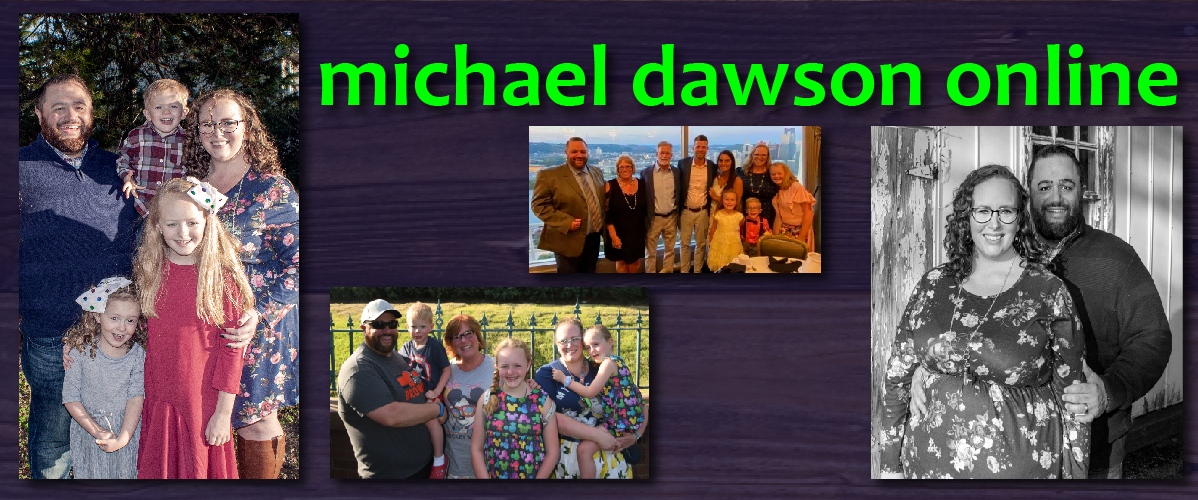Below are my thoughts from the daily
Bible reading of the West Side Church of Christ. Today’s reading comes from Genesis
41-42. Before reading I invite you to pray and asked God to speak to you as you
read His Word. Also above in the tabs is a link to the Bible reading plan.
What Does This Passage Say?
- Joseph has been in prison for a considerable amount of time. He has gone from being his father’s favorite son, to being sold by his brothers, sold by his cousins, and enslaved in Potiphar’s house. However, God has been with him. Both Potiphar and the prison warden have seen God’s hand upon Joseph and elevated his position and responsibilities. But, he remains in prison.
- Until, Pharaoh himself started having dreams. Pharaoh had two dreams. The first was seven healthy cows being swallowed by seven sickly cows. The second dream was seven thick and luscious grains being devoured by seven scorched grains. These two dreams frightened Pharaoh, and no one could tell him what they meant. That is when the cupbearer remembered Joseph and his ability to interpret dreams.
- So Joseph is called for and Joseph tells Pharaoh he cannot do it … but God can. Joseph tells Pharaoh that the two dreams he had are the same … and they mean there is going to be seven good years followed by seven bad years … seven years of famine. Joseph recommends that they prepare for the bad times during the good times. Pharaoh likes this idea so much that he chooses to put Joseph in charge of preparing for the bad years.
- To prepare, Joseph charges a tax on all the people … he collects grain. It is during this time that Joseph marries and has two children of his own, Ephraim and Manasseh.
- After the seven good years’ famine begins to spread across the land. This famine wasn’t just in Egypt, it extended all the way up to Joseph’s homeland and made an impact on his own family. Desperate and hungry, his brothers, 10 of them, make the trip down to Egypt to buy grain from the only nation that is prepared.
- Unknown to them, the man who is in charge of this entire system is their brother they sold into slavery some twenty years before. He immediately recognizes them … and he has to know if they have changed. So, he accuses them of being spies. But they deny it and they even reveal who they are to him, indicating that Joseph’s whole brother Benjamin is still alive. After three days Joseph was ready to send them on their way.
- Before he could do so, he wanted to make sure he would one day see his brother again … so he forced Simeon to stay behind and be held in prison. Then he had their sacks filled, their money put back in, and sent them on their way. On their return trip, they found the money in their sacks, and when they showed their father, they were all frightened … frightened because they didn’t know what their future held … they didn’t know if they would get Simeon back … and frightened that they may lose Benjamin in the process. With food on their tables, Jacob had a dilemma on his hands … go back and get Simeon and risk losing Benjamin, or wait it out.
What Does this passage Teach?
- Our reading today reminds us that God has a plan and purpose. God had selected Abraham and his descendants to bring Jesus into our world. He allowed Joseph to be sold into slavery to be the one to save his family from drought. In this time of drought, they found relief in their own brother in Egypt. God’s plan is still working out, but so far, the mission of bringing Jesus into our world is still on.
